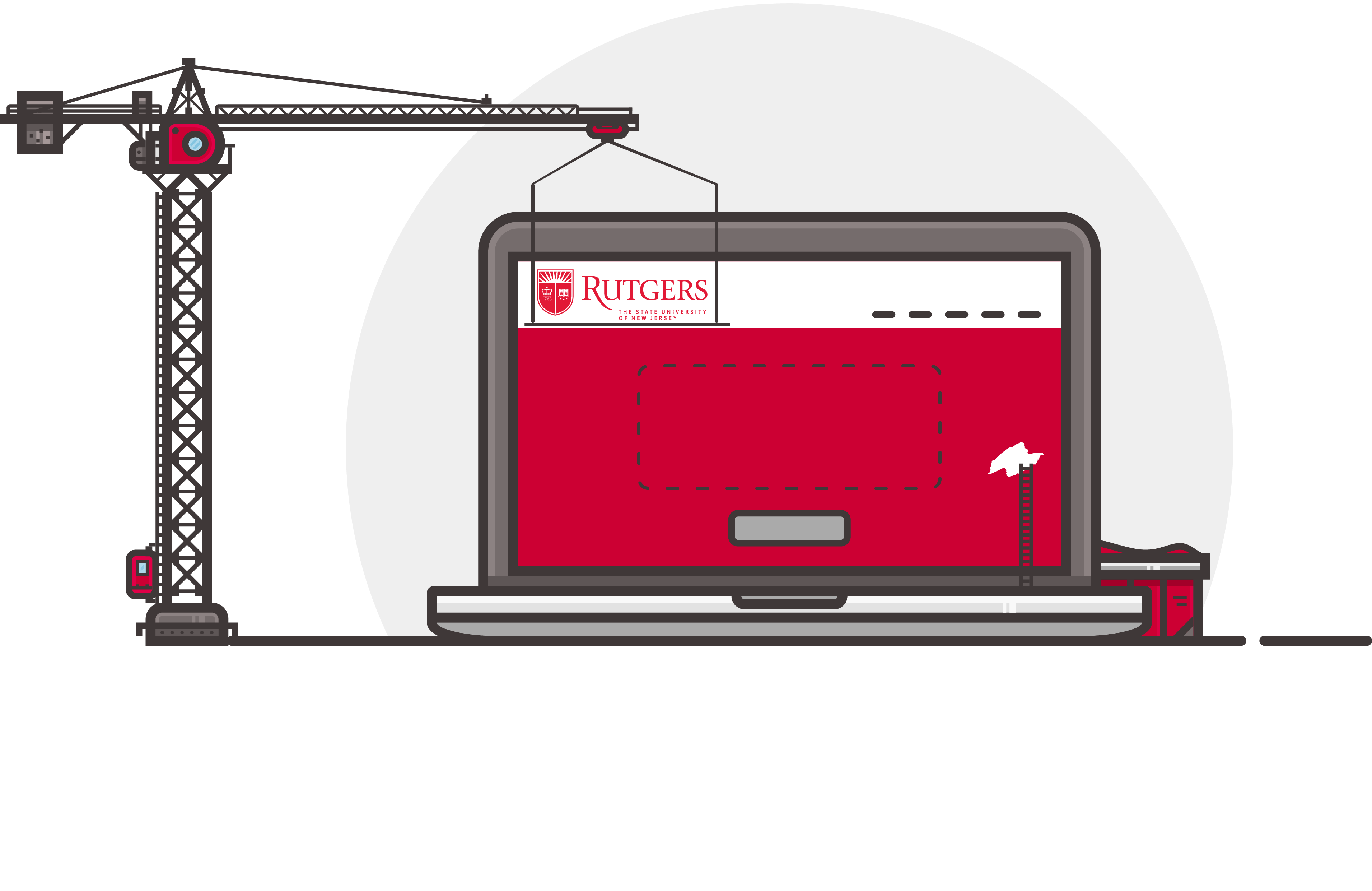Eduardo Herrera
This site is currently in Maintenance Mode

Is this your site?
Turn off Maintenance Mode to make your site available to the public.
This is a Sites@Rutgers Website.
The site-in-a-box solution for the Rutgers community.

Turn off Maintenance Mode to make your site available to the public.
The site-in-a-box solution for the Rutgers community.